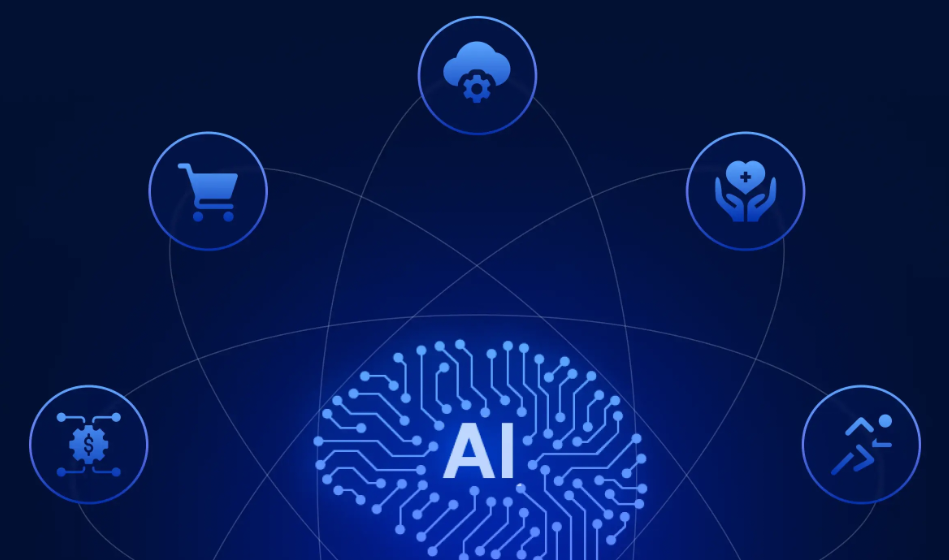Artificial Intelligence (AI) is revolutionizing how businesses operate, make decisions, and interact with customers. Whether you’re running a startup or a large enterprise, AI offers practical tools that can enhance efficiency, drive growth, and open new opportunities. The key is understanding how to integrate AI into your business in ways that align with your goals and resources.
Identify Business Needs and Objectives
Before adopting AI, start by identifying specific problems or goals where AI can add value. This could include reducing customer service workload, improving sales forecasting, optimizing supply chains, or automating repetitive tasks. Clear objectives will guide your AI strategy and help measure results effectively.
Start with the Right Use Cases
Begin with small, manageable AI projects that solve real problems. Common entry points include chatbots for customer support, AI-powered recommendation engines, predictive analytics for sales, or automation tools for data entry. These use cases are easier to implement and can quickly show value.
Leverage Existing AI Tools and Platforms
You don’t have to build AI from scratch. Use existing AI platforms and services like Google Cloud AI, Microsoft Azure AI, or open-source tools like TensorFlow. CRM tools like Salesforce and marketing platforms like HubSpot already have AI capabilities built-in, making integration faster and more accessible for non-technical teams.
Automate Routine Processes
One of the easiest ways to implement AI is through process automation. Robotic Process Automation (RPA) tools can handle tasks like invoice processing, email categorization, and appointment scheduling. This reduces errors, saves time, and increases productivity.
Use AI for Data-Driven Insights
AI excels at analyzing large datasets and spotting patterns. Businesses can use AI tools to uncover customer trends, predict buying behavior, monitor inventory needs, or even detect fraud. These insights allow for more accurate, informed, and timely decision-making.
Enhance Customer Engagement
AI chatbots, virtual assistants, and personalized recommendation systems can significantly improve the customer experience. By learning from user interactions, AI tools can offer instant support, guide purchase decisions, and create tailored content or promotions.
Improve Marketing and Sales Strategies
AI can segment audiences, automate content delivery, and suggest the best times to run campaigns. Predictive analytics help identify high-value leads, personalize outreach, and maximize conversion rates. This leads to smarter marketing strategies and higher returns on investment.
Ensure Data Readiness and Quality
AI depends on high-quality, organized data. Businesses must ensure their data is clean, secure, and relevant. Building a strong data infrastructure and governance policy will support better AI performance and compliance with privacy regulations.
Train Employees and Foster AI Culture
Introduce your team to AI concepts and tools relevant to their roles. Encourage experimentation and continuous learning. A company culture that embraces AI will adapt faster and innovate more effectively as technologies evolve.
Monitor Performance and Improve Continuously
Track the performance of AI tools through metrics like accuracy, ROI, time saved, and customer satisfaction. Use this data to refine and scale your AI strategy. Feedback loops are essential to ensure AI stays aligned with your evolving business needs.
Conclusion
Using AI in business isn’t just for tech giants. With the right approach, companies of all sizes can leverage AI to improve operations, serve customers better, and stay competitive. Start small, stay strategic, and focus on solving real business problems. As you gain confidence and results, you can scale your AI efforts and unlock even greater value.







Leave feedback about this